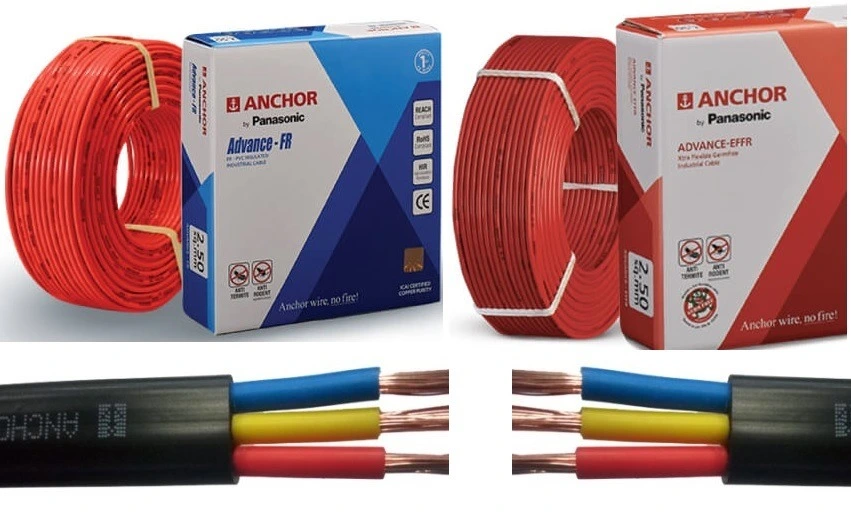When it comes to conducting electricity, the choice of material plays a crucial role in determining the efficiency and effectiveness of electrical systems. In the realm of electrical engineering and physics, the quest for the best conductor of electricity has been a topic of ongoing debate and research. In this article, we delve deep into the world of electrical conductivity to explore which material reigns supreme as the ultimate conductor of electricity.
- Conductivity Basics:
Before we delve into the specifics of different materials, it's essential to understand the concept of electrical conductivity. Electrical conductivity is a measure of a material's ability to conduct an electric current. It is influenced by factors such as the material's atomic structure, electron mobility, and temperature. Materials with high conductivity allow electric charges to flow easily, while those with low conductivity impede the flow of electricity. - Metals: The Traditional Conductors:
Metals have long been known for their excellent conductivity properties, making them the go-to choice for electrical wiring and components. Copper, silver, and gold are among the most commonly used metals due to their high conductivity levels. Copper, in particular, is widely favored for its combination of affordability and conductivity, making it a staple in the electrical industry. - Superconductors: Pushing the Boundaries:
While metals are excellent conductors, superconductors take conductivity to a whole new level. Superconductors are materials that can conduct electricity with zero resistance when cooled to extremely low temperatures. This phenomenon, known as superconductivity, opens up a world of possibilities for high-speed electronics, magnetic levitation, and energy-efficient power transmission. - Graphene: The Wonder Material:
In recent years, graphene has emerged as a promising contender for the title of the best conductor of electricity. This two-dimensional carbon allotrope exhibits exceptional electrical conductivity, surpassing even traditional metals. Its unique structure and properties make it a potential game-changer in various industries, from electronics to energy storage. - Conclusion:
In the quest to find the best conductor of electricity, the answer is not always straightforward. Different materials excel in different aspects of conductivity, whether it be traditional metals like copper, cutting-edge superconductors, or innovative materials like graphene. The choice of conductor depends on the specific requirements of the application, balancing factors such as cost, efficiency, and performance.
In conclusion, the world of electrical conductivity is a diverse and fascinating realm where materials continuously push the boundaries of what is possible. By understanding the properties and capabilities of different conductors, we can harness the power of electricity in ever more efficient and innovative ways.
About Author
You may also like
-
Maximizing Survey Accuracy with Advanced Surveying BeiDou Modules
-
What is fiber splice enclosure?
-
Inside the ARKON 2.4G Wireless Headphone DHP380A
-
High-Precision Drone GNSS Modules: Solutions for Efficient UAV Operations
-
Reducing Heat and Energy Loss in EV Powertrains with Laminated Bus Bar Technology

